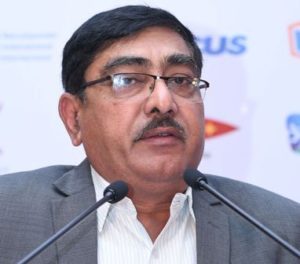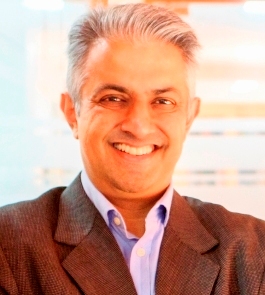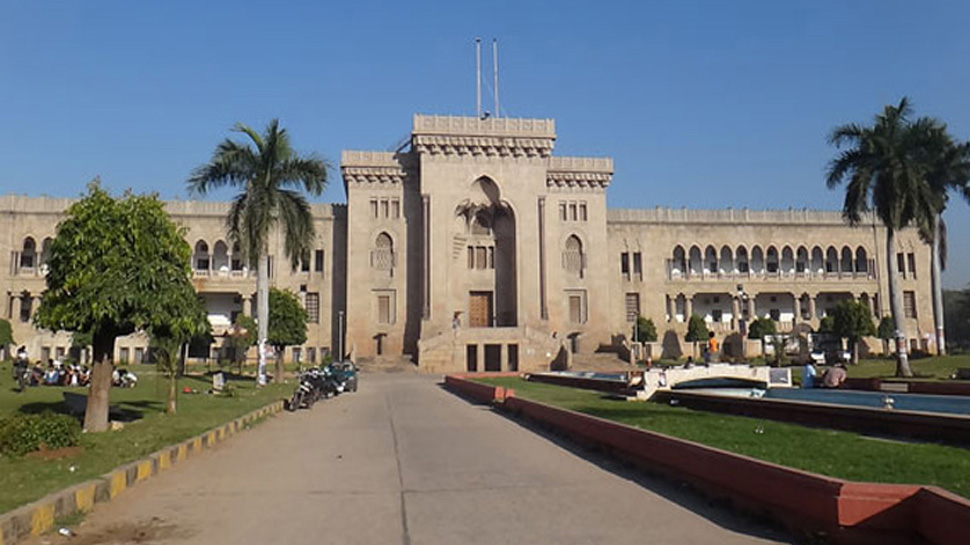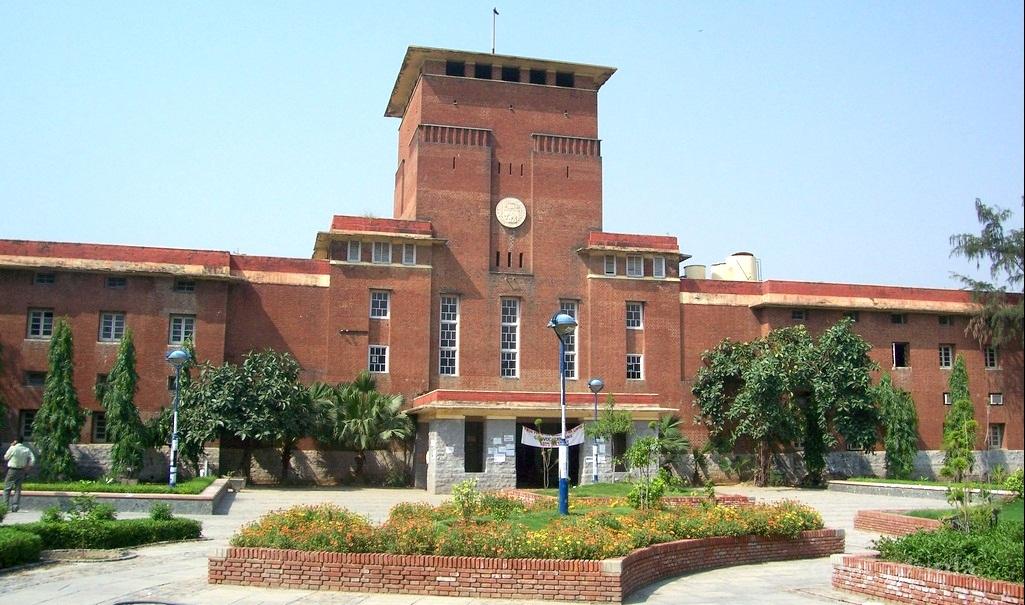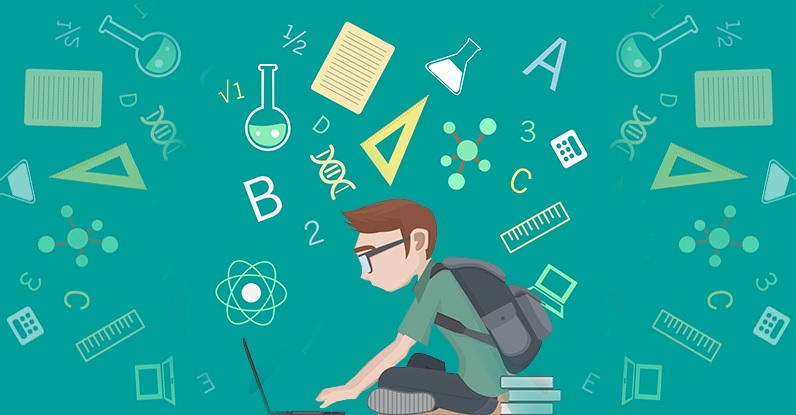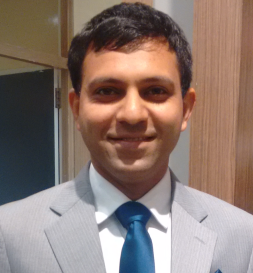By supporting the ideas of budding entrepreneurs, we can help the society to develop job creators along with job seekers. It will help in resolving the problem of unemployment in India up to some extent, says Jay Krishnan, Partner, SRI Capital and Former CEO, T-Hub, Hyderabad, in conversation with Elets News Network (ENN).
How has T-hub, Hyderabad, incubated and helped start-ups to be successful?

We started the T-hub in 2015. In all these years, we have realised that the T-hub is not only meant to focus on the local start-ups rather it must cater to the needs of entire Indian start- up landscape. We are now one of the largest incubators in India.
We also established Corporate Innovation accelerator that attracted start-ups not only from other parts of India but also from across the world.
So now, we have over 300 incubators majority of which are from Telangana. The Corporate Innovation accelerator has so far attracted over 100 start-ups from different parts of India and world. We also conducted different student exchange programmes with Israel, australia and the uS which helped us to attract around 30 start-ups from countries other than India.
What is the genesis behind T-Hub?
The fundamental goal of the T-hub is to become epicentre for start-ups in India and also be a common anchor point for all the start-ups in Telangana. In the coming years, the incubation centre is likely to be bigger, as a new centre for T-hub is under construction. Moreover, with the new centre, the emphasis will be more on software, hardware and production labs. It’s going to be bigger and stronger. Our objective is to become largest incubator of the world.
Can the city be called start-up capital of India as a lot of initiatives have been taken in Hyderabad to support start-ups?
As we want India to become start-up hub of the world, it is must for every city to play its part in achieving this. Mumbai will become the finteck capital, Bengaluru will become the hub for different verticals, Delhi will become the market and e-commerce capital and Hyderabad will become the healthcare technology capital. The combination of these 10+ cities will attract talents from every corner of the world and all of it, when put together, will make India successful.
What are the key reasons for Hyderabad to become healthcare technology capital?
The best with Hyderabad from healthcare perspective is that the city has the best foundation for it. It has genome Valley. a majority of Pharma industries are located in Hyderabad. Moreover the Pharma industry gets a huge support from agriculture industry as Hyderabad is the seed manufacturing capital of the world. So, with such an environment, we may witness a good number of start-ups in healthcare sector from Hyderabad. Venture capitalists play a major role in supporting start-ups financially.
What have been the initiatives of SRI venture capital in this regard?
For a start-up to become successful, it is necessary to have access to pool of capital for converting its idea into a quality product. Once that comes in, the next thing it helps in is business development and pitching in the new customers. So, T-hub incubates the startups and SRI Venture Capital helps in providing funds to the start- up. all these jointly help a start-up to sustain and make a name in its respective market.













